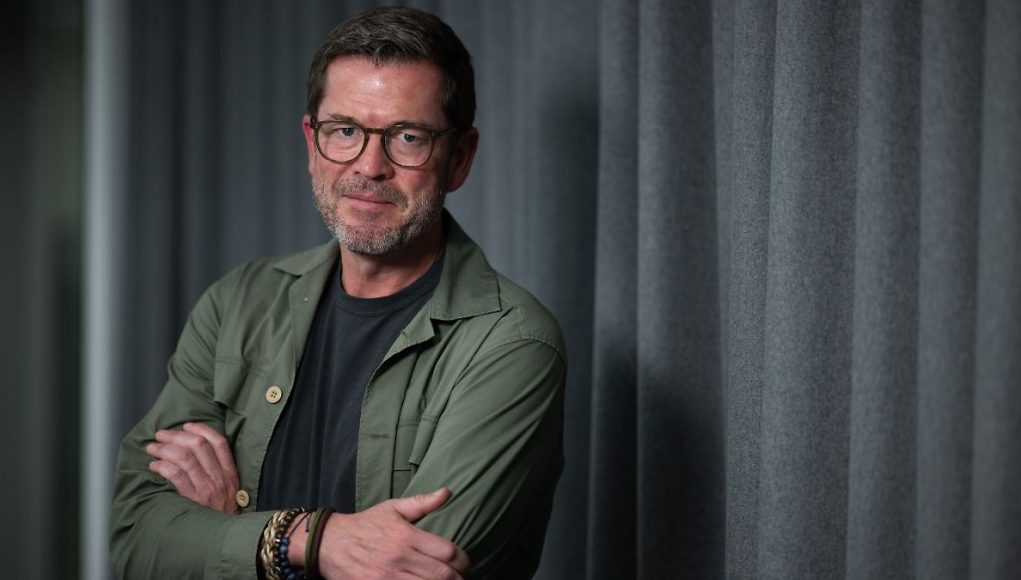“It just didn't work anymore”
Karl-Theodor zu Guttenberg talks about depression
This audio version was artificially generated. More info | Send feedback
In order to remove taboos from the topic, some celebrities have already spoken about their depression. They are now joined by former Federal Defense Minister Karl-Theodor zu Guttenberg. He only indirectly blames his resignation in 2011 for his illness.
“At some point it just didn't work anymore.” Karl-Theodor zu Guttenberg is quoted with these words in a press release from Norddeutscher Rundfunk (NDR) for a new episode of the podcast “Out of the Depression”. In a conversation with entertainer Harald Schmidt, the former defense minister reveals his own experiences with depression. The 52-year-old also reveals that after seeking help, he is feeling better today.
“Especially when I rose to these high positions very early and far too quickly, I simply reached the limits of my resilience,” explains zu Guttenberg. “These are limitations, they are physical in nature. But I have also noticed how increasingly my mind is being damaged,” he continues.
“And then depression was diagnosed – although not one that had primarily to do with the resignation,” explains the former politician. Rather, it turned out “that depression was a very early predisposition in my life.” The fact that he had to resign as Defense Minister in 2011 after a plagiarism scandal involving his dissertation was “more of an additional trigger”.
“An important signal”
Karl-Theodor zu Guttenberg went for treatment: He completed psychotherapy and also took medication for a short time. The Munich native explains that things are better for him today: “I can say that I am in a good starting position today, which I wouldn't be in if I hadn't sought help back then.”
The podcast is a collaboration between NDR and the German Depression Aid and Suicide Prevention Foundation, of which Schmidt is the patron. “The fact that more and more well-known personalities are sharing their way out of depression with us in the podcast is an important signal. We have many listeners who say: if this celebrity dares to talk about depression, I can too,” it says in a statement from Schmidt. “For me, that's the beauty of this format: it shows other sufferers that they are not alone with the illness and encourages them to seek help.”
































